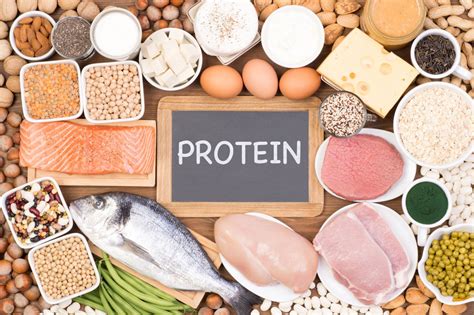Fueling Peak Male Performance: An Integrated Approach
For men seeking to optimize their physical prowess – whether it’s boundless energy, robust muscle growth, or efficient fat loss – nutrition is the cornerstone. It’s not merely about eating less or exercising more; it’s about intelligent fueling. A strategic dietary approach can unlock your body’s full potential, ensuring you’re not just surviving, but thriving.
This article delves into the most effective fuel strategy designed to support sustained energy levels, promote lean muscle development, and accelerate fat loss, all while maintaining overall health and vitality.

The Macronutrient Blueprint: Quality and Quantity
Understanding and balancing your macronutrients – protein, carbohydrates, and fats – is paramount. Each plays a distinct yet interconnected role in achieving your fitness goals.
Protein: The Foundation of Muscle and Satiety
Protein is critical for muscle repair, growth, and the synthesis of hormones and enzymes. For active men, a higher protein intake is often beneficial. Aim for 1.6 to 2.2 grams of protein per kilogram of body weight daily, spread throughout your meals.
- Sources: Lean meats (chicken, turkey, beef), fish (salmon, tuna), eggs, dairy (Greek yogurt, cottage cheese), legumes, and protein supplements.
Carbohydrates: Sustained Energy and Performance
Carbohydrates are your body’s primary energy source. However, the type and timing matter significantly. Focus on complex carbohydrates that provide a steady release of glucose, preventing energy crashes and fueling workouts.
- Sources: Whole grains (oats, brown rice, quinoa), sweet potatoes, fruits, and vegetables. Limit refined sugars and processed carbs.

Healthy Fats: Hormones, Health, and Absorption
Don’t fear fats! Healthy fats are essential for hormone production (including testosterone), nutrient absorption, and maintaining cell integrity. They also provide a concentrated source of energy and contribute to satiety.
- Sources: Avocados, nuts (almonds, walnuts), seeds (chia, flax), olive oil, fatty fish.
Beyond Macros: Micronutrients and Hydration
While macros provide the bulk of your energy, micronutrients (vitamins and minerals) are the unsung heroes facilitating countless bodily functions, including energy metabolism, immune support, and muscle contraction. A diet rich in diverse whole foods will naturally supply these.
Hydration is equally crucial. Dehydration can impair performance, reduce energy levels, and hinder fat loss. Aim for at least 3-4 liters of water daily, increasing with activity levels.

Timing is Everything: Optimizing Your Fuel Intake
When you eat can be almost as important as what you eat, especially for energy and muscle maintenance.
Pre- and Post-Workout Nutrition
- Pre-workout: A combination of complex carbohydrates and a moderate amount of protein about 1-2 hours before training can provide sustained energy.
- Post-workout: Within an hour after training, consume a fast-digesting protein (like whey) and simple carbohydrates to kickstart muscle recovery and glycogen replenishment.
Consistent Meal Frequency
Eating 3-5 balanced meals throughout the day can help maintain stable blood sugar levels, prevent extreme hunger (which often leads to poor food choices), and ensure a continuous supply of nutrients for muscle synthesis and energy.

Practical Strategies for Sustainable Success
- Prioritize Whole Foods: Base your diet around unprocessed ingredients – lean proteins, fruits, vegetables, whole grains, and healthy fats.
- Limit Processed Foods and Sugar: These offer little nutritional value and often contribute to energy crashes and fat gain.
- Portion Control: Even healthy foods need to be consumed in appropriate quantities to achieve fat loss or muscle gain goals.
- Meal Prep: Prepare meals in advance to avoid last-minute, unhealthy choices.
- Listen to Your Body: Pay attention to hunger and fullness cues, and adjust your intake based on your activity level and how you feel.
The Individualized Approach
While these guidelines provide a robust framework, remember that every man’s body is unique. Factors like age, metabolism, activity level, and specific goals will influence your optimal macronutrient ratios and caloric needs. It’s often beneficial to track your intake for a period to understand your body’s response and make informed adjustments.

Conclusion
Achieving sustained energy, building muscle, and effectively losing fat is not about deprivation, but strategic nourishment. By focusing on a balanced intake of quality macronutrients, prioritizing micronutrient-rich whole foods, staying hydrated, and optimizing meal timing, men can create a powerful fuel strategy. This approach not only transforms your physique but also enhances overall health, vitality, and mental clarity, setting you up for long-term success in all areas of life.




